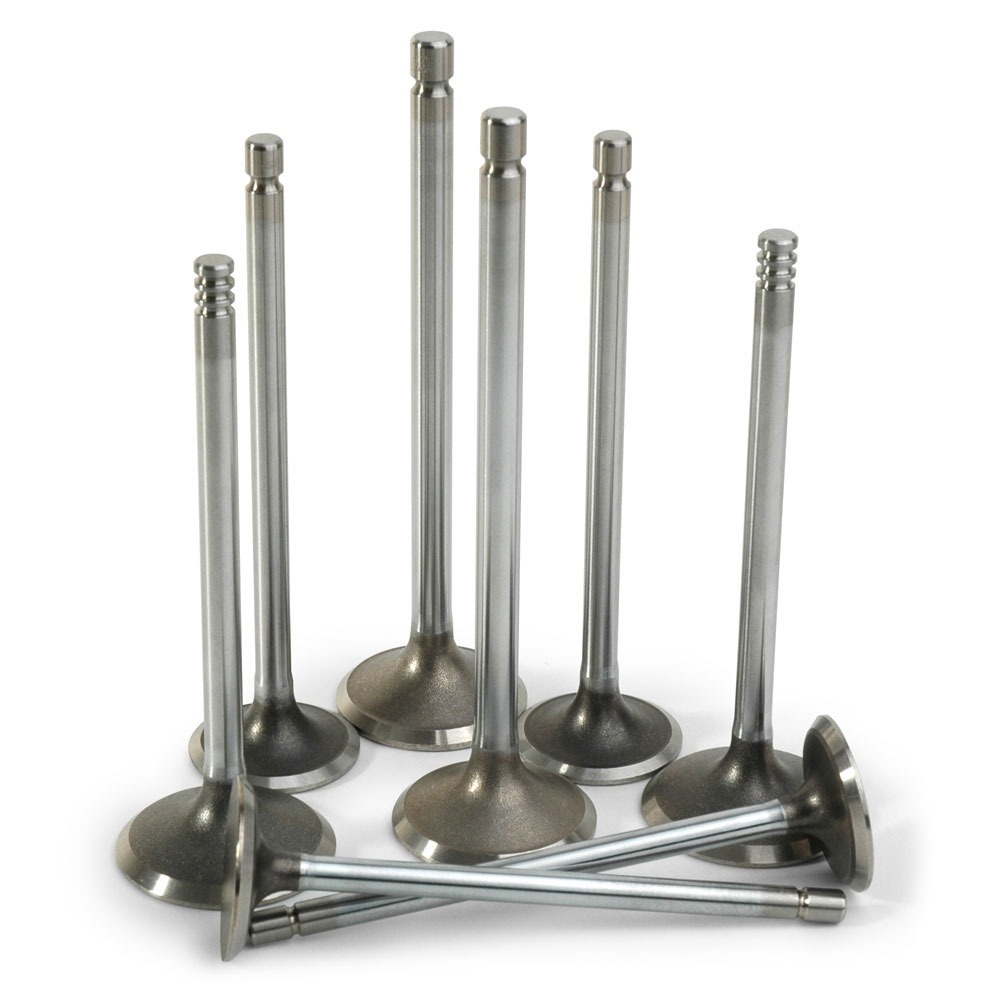The valve engine is a critical component of internal combustion engines, playing a vital role in the overall performance of vehicles. The design and function of valves directly influence how efficiently an engine operates and determines its power output. Understanding the complexities of valve engines can be beneficial for both automotive enthusiasts and those looking to purchase or maintain a vehicle. In this article, we will explore the types of valve engines, their mechanisms, and the impact they have on engine performance.
Basics of Valve Engines
What is a Valve Engine?
A valve engine refers to an internal combustion engine that uses valves to control the intake and exhaust of air and fuel. These valves open and close at precise intervals, allowing for the proper mixture of air and fuel to enter the combustion chamber while enabling exhaust gases to exit. The timing and operation of these valves are essential to maintaining an engine’s efficiency and performance.
The primary components include intake valves, which allow the air-fuel mixture to enter the cylinder, and exhaust valves, which expel the combustion gases. The arrangement and timing of these valves can significantly affect how the engine performs under various conditions.
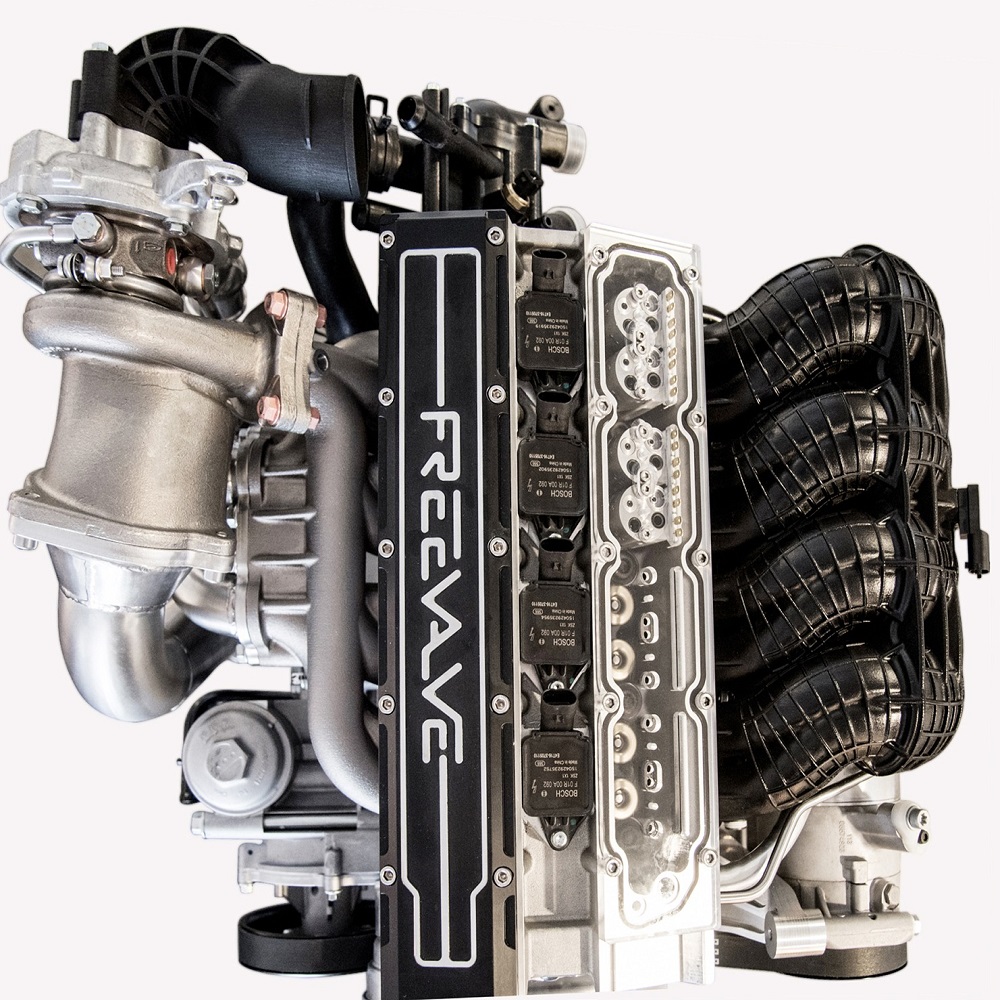
Types of Valve Mechanisms
There are two main types of valve mechanisms typically found in engines: overhead valve (OHV) and overhead camshaft (OHC).
Overhead Valve (OHV) Engines: In OHV engines, the valves are operated by push rods that connect to a camshaft located within the engine block. This design incorporates a simpler layout, which can lead to increased reliability and easier maintenance.
Overhead Camshaft (OHC) Engines: OHC engines place the camshaft above the cylinder head, allowing for more precise control of valve timing. This design often leads to improved performance and higher RPM capability. Furthermore, OHC engines can be found in single overhead cam (SOHC) and double overhead cam (DOHC) configurations.
Both designs have their advantages and disadvantages, and the choice often depends on the intended application and performance goals of the engine.
Valve Timing and Control
The timing of when valves open and close is crucial for optimal engine performance. This timing can significantly affect engine power, fuel efficiency, and emissions. Advances in technology have led to the development of variable valve timing (VVT) systems, which adjust the timing of the valves based on the engine’s speed and load.
VVT systems enhance performance by optimizing the intake and exhaust processes, allowing for more efficient combustion. As a result, they improve acceleration and fuel economy while reducing emissions. Understanding the importance of valve timing is essential for recognizing how it influences an engine’s operational efficiency and performance.
How Valve Engines Impact Performance
Power Generation
The primary function of the valve engine is to generate power. The efficiency of the intake and exhaust processes directly impacts the amount of power produced by the engine. Well-designed valve mechanisms ensure that the correct amount of air and fuel enters the combustion chamber while allowing exhaust gases to exit effectively.
When valves operate smoothly and at the right times, engines can perform at higher efficiencies. This results in better horsepower and torque, which translates to improved acceleration and overall performance. Therefore, the configuration and design of a valve engine critically influence a vehicle’s power capabilities.
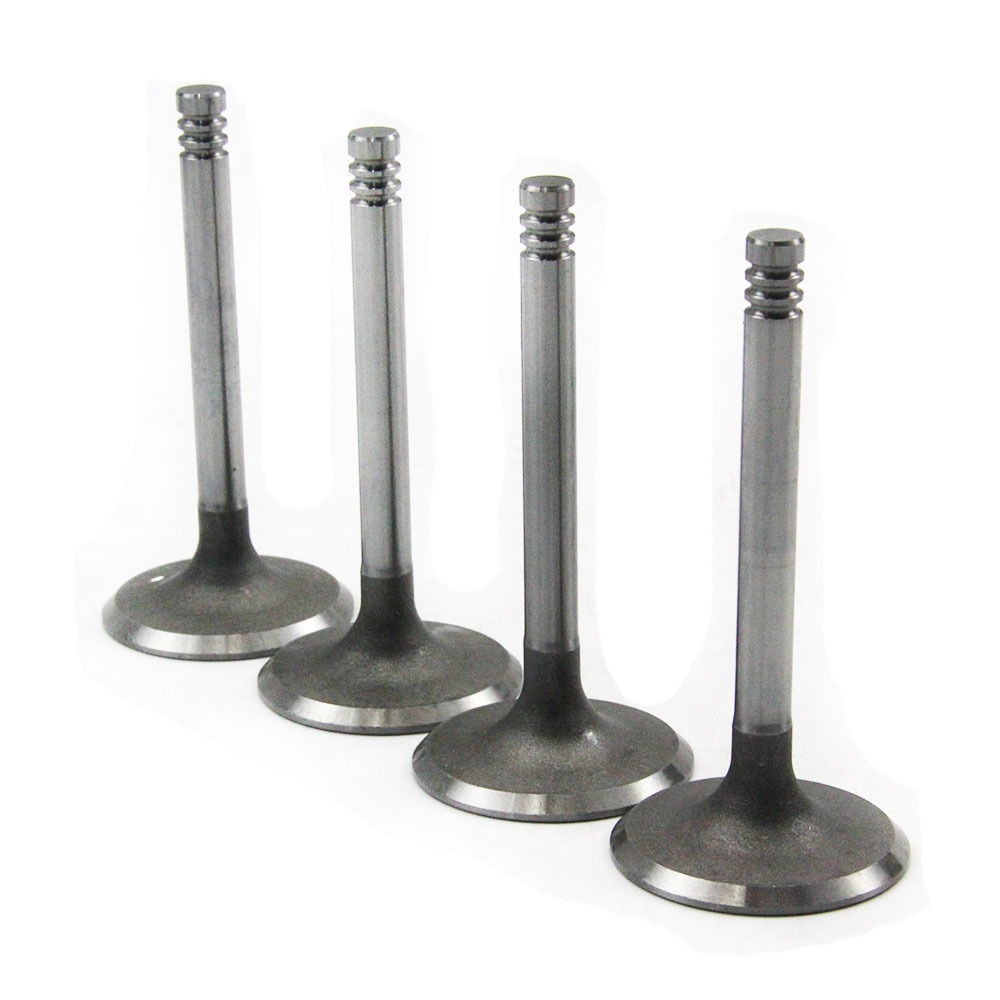
Fuel Efficiency
Fuel efficiency is another critical aspect affected by valve engine design. Engines that feature advanced valve timing and control systems, such as VVT, tend to be more fuel-efficient. By optimizing the air-fuel mixture, these systems allow engines to utilize fuel more effectively, leading to lower fuel consumption.
In contrast, poorly optimized valve systems can result in wasted fuel and diminished efficiency. Understanding how valve designs impact fuel consumption allows manufacturers and consumers to prioritize engines that offer improved economy without sacrificing performance.
Emissions Control
Modern vehicles are subject to stringent emissions regulations, making emissions control a vital aspect of engine design. Valve engines, particularly those with advanced timing systems, play a significant role in reducing harmful emissions.
Proper valve operation ensures that combustion occurs efficiently, minimizing the production of unburned hydrocarbons and other toxic emissions. Designs that incorporate technologies like direct fuel injection and optimized valve timing can reduce particulate matter and nitrogen oxide emissions.
By prioritizing engine designs that control emissions effectively, manufacturers contribute to a cleaner environment and meet regulatory standards, all while enhancing engine performance.
Choosing the Right Engine for Performance
Assessing Engine Needs
When selecting a vehicle, understanding the type of valve engine it uses is important. Consider your driving needs and preferences. Do you prioritize power for performance driving, or do you want the best fuel efficiency for daily commuting? Your answers will guide your decision and help you understand which engine configurations suit your lifestyle.
For high-performance applications, engines with DOHC designs and VVT systems typically offer increased horsepower and responsiveness. In contrast, those looking for reliable, fuel-efficient vehicles may benefit more from OHV engines that provide adequate power without sacrificing economy.
Researching Engine Specifications
Before purchasing a vehicle, thorough research on engine specifications is essential. Analyze horsepower ratings, torque figures, and fuel economy numbers. This data can provide insights into how well the engine performs under various driving conditions.
Pay attention to reviews and performance tests, which can highlight any potential issues related to specific engine models. Gathering as much information as possible can lead to a better understanding of what to expect from the vehicle you are considering.
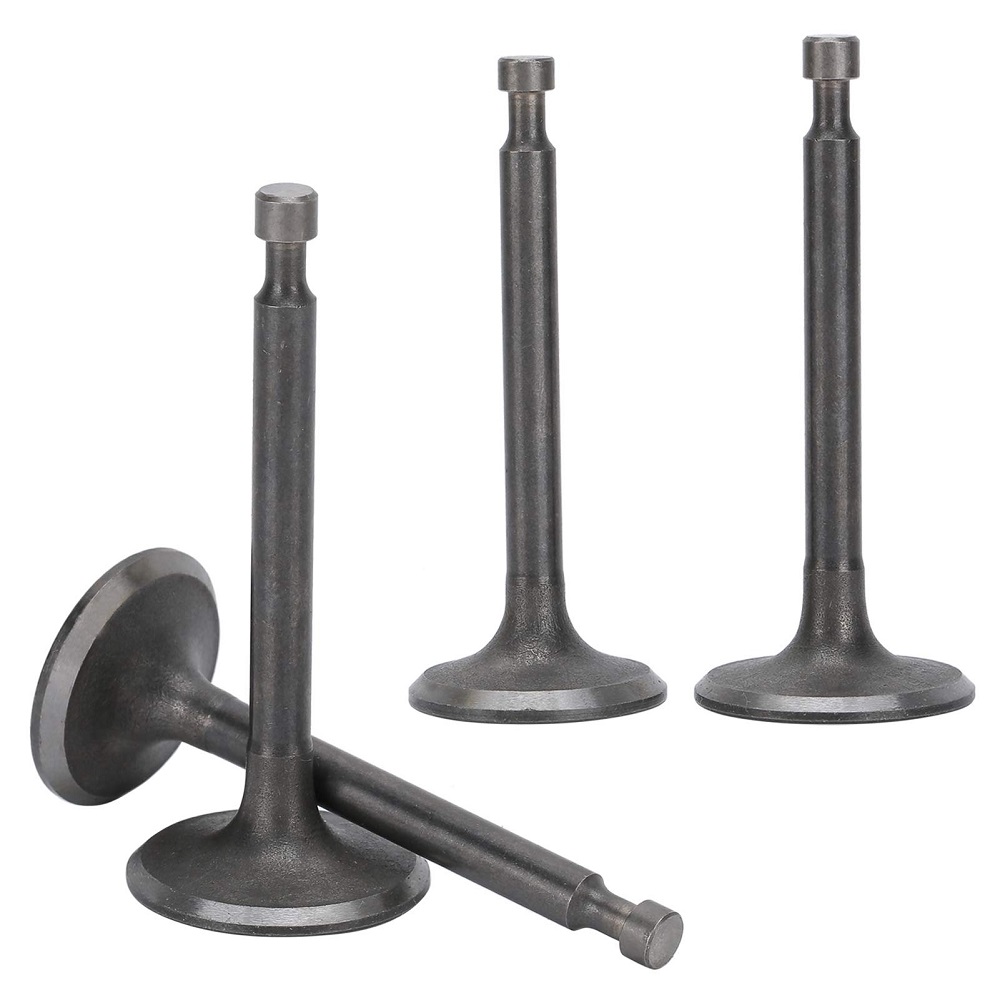
Consulting with Professionals
When in doubt, consult automotive professionals for guidance on valve engines. Mechanics and sales consultants can provide valuable insights into the advantages and disadvantages of specific engine types. Their experience can help you navigate options and make an informed choice when selecting a vehicle.
Professionals can also advise on longevity and maintenance considerations related to different valve types. This information will prove valuable in making a decision that aligns with both performance goals and long-term reliability.
Maintaining Your Valve Engine
Regular Inspections
Establishing a routine maintenance schedule is vital for keeping your valve engine in optimal condition. Regular inspections will help detect potential issues early, such as misalignment or wear of components. Mechanics can perform checks on the valve timing system, ensuring everything operates correctly.
Over time, engine components can become dirty and require cleaning. Mechanics often recommend regular oil changes to keep the engine lubricated, which directly affects valve performance. By maintaining your engine, you will enhance its longevity and efficiency.
Using Quality Engine Oil
The type of engine oil used can significantly affect the performance of your valve engine. Choosing high-quality oil with the right viscosity can ensure that the components remain lubricated and operate smoothly. Oil that meets the manufacturer’s specifications will reduce wear and tear and enhance overall performance.
Some engines may also benefit from synthetic oils, which provide superior protection under various conditions. Understanding your engine’s oil needs is essential for making decisions that favor long-term reliability and performance.
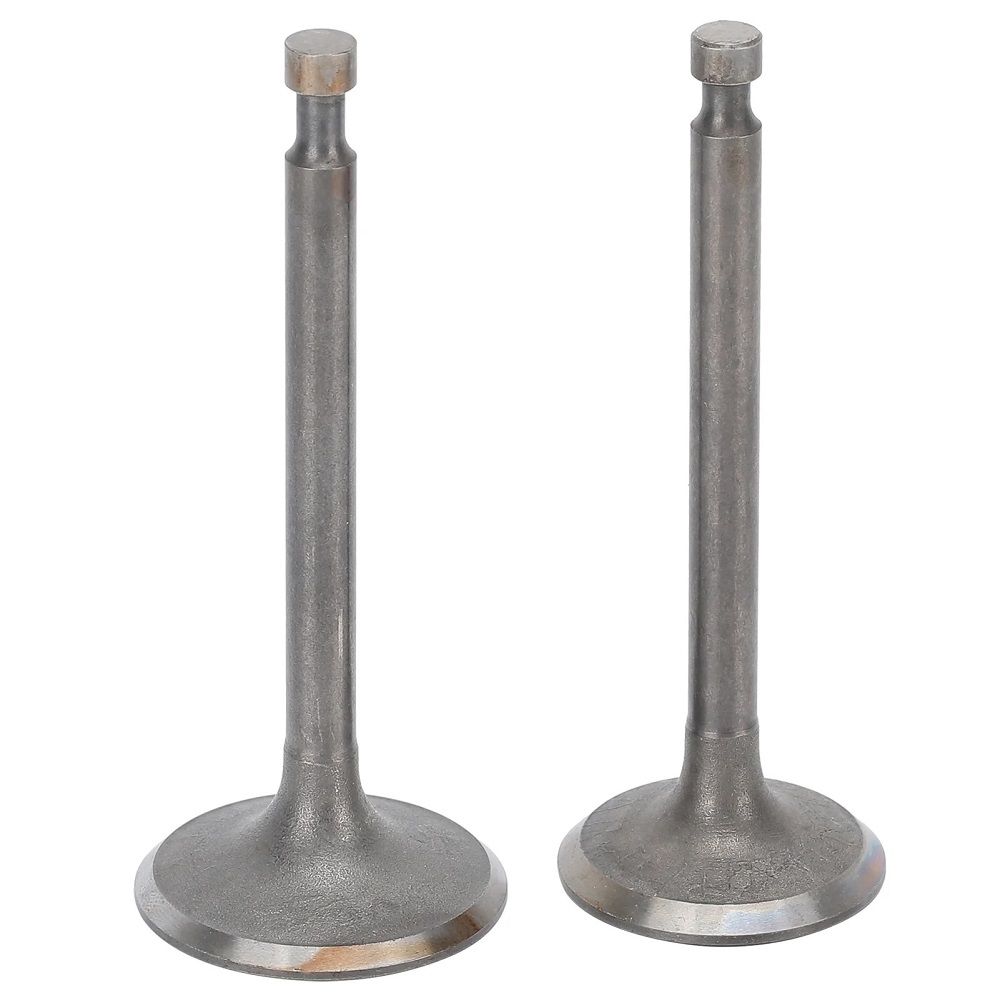
Addressing Valve Issues Promptly
If you notice any changes in engine performance or unusual noises coming from the valve area, address these issues promptly. Problems such as misaligned valves or worn components can lead to severe engine damage if ignored. Taking your vehicle to a qualified mechanic for assessment and repair will help maintain optimal performance.
Regularly inspecting valve clearance can also help ensure proper function. Many modern engines come equipped with self-adjusting mechanisms, but periodic checks can prevent issues before they arise. By staying proactive with maintenance, you’ll ensure that your valve engine runs smoothly for years.
Engaging with the Automotive Community
Connecting with Car Enthusiasts
Connecting with fellow car enthusiasts can provide valuable resources and information on valve engines and performance. Whether through online forums, local car clubs, or automotive events, engaging with other drivers allows for the exchange of tips and experiences related to engine performance and maintenance.
Networking with other enthusiasts can introduce you to new ideas and practices, enhancing your understanding of valve engines. By sharing your journey, you encourage others to explore their interests while learning from their experiences.
Attending Automotive Events
Local automotive events such as car shows, races, and exhibitions are excellent opportunities to explore the latest in engine technology. These gatherings allow you to interact with industry professionals, view various makes and models, and gain insights into performance features.
By attending events, you may also find opportunities for test drives and hands-on experience with different engines. Learning about how valve designs and configurations influence performance can be both educational and enjoyable.
Sharing Your Knowledge
Consider sharing your experiences and knowledge about valve engines through blogs or social media. Documenting your journey can inspire others who are eager to learn about performance features and maintenance best practices. Your insights can contribute positively to the automotive community.
Engaging with others through educational content encourages discussions around engine technology, fostering a culture of learning. Everyone benefits by sharing valuable information and insights, enhancing the collective knowledge within the community.
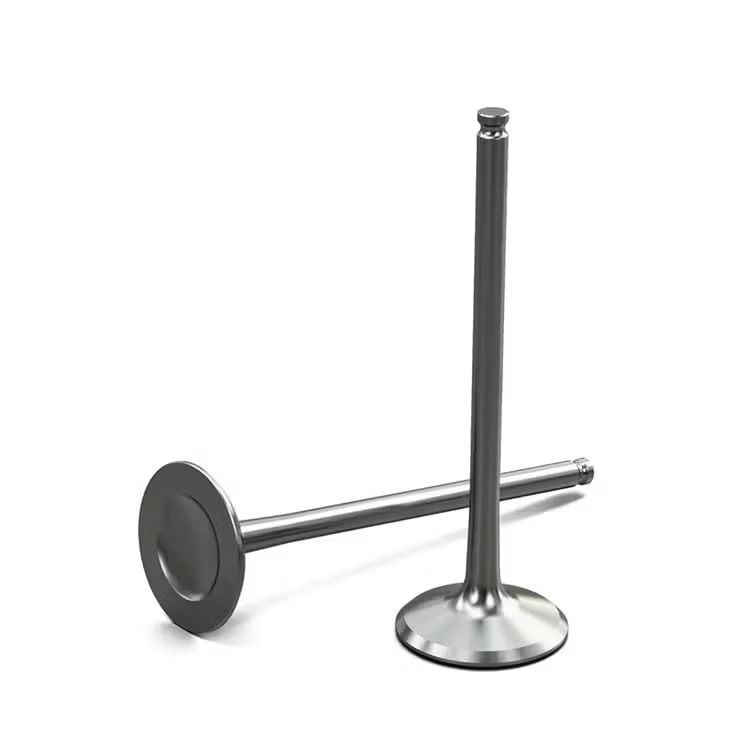
Conclusion
Understanding the role of the valve engine is crucial for any vehicle owner. This important component directly influences performance, fuel efficiency, and emissions control. By exploring the different types of valve engines available, assessing your needs, and maintaining your engine, you’ll be empowered to make informed choices.
Engaging with the automotive community further enriches your experience, providing opportunities for learning and connection. As you embrace the world of automotive engineering, take pride in your knowledge of valve engines and the impact they have on your performance.
With the right information and maintenance practices, your vehicle can deliver exceptional power and reliability for years. From daily commutes to weekend adventures, understanding how to optimize your valve engine can make each ride an enjoyable experience!
